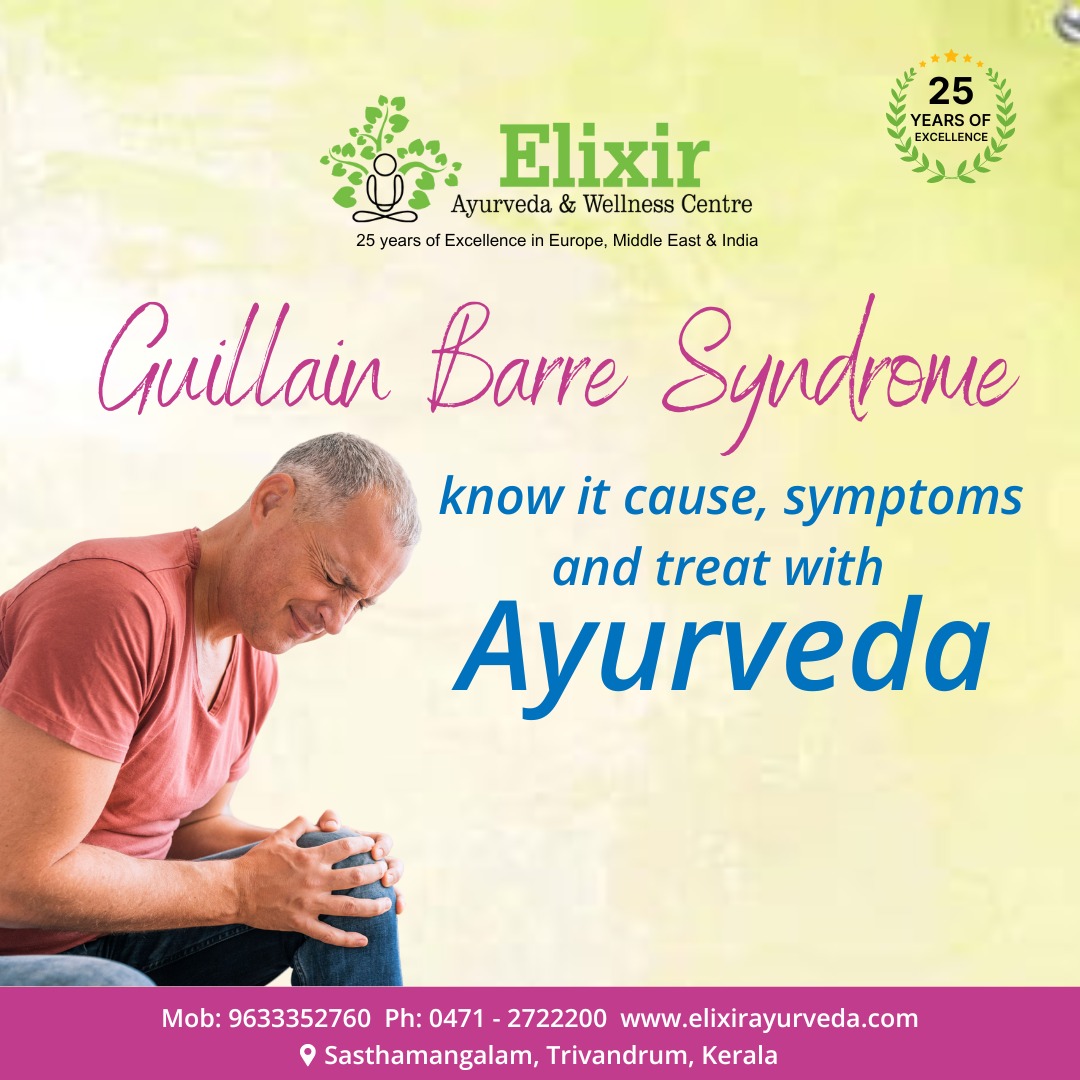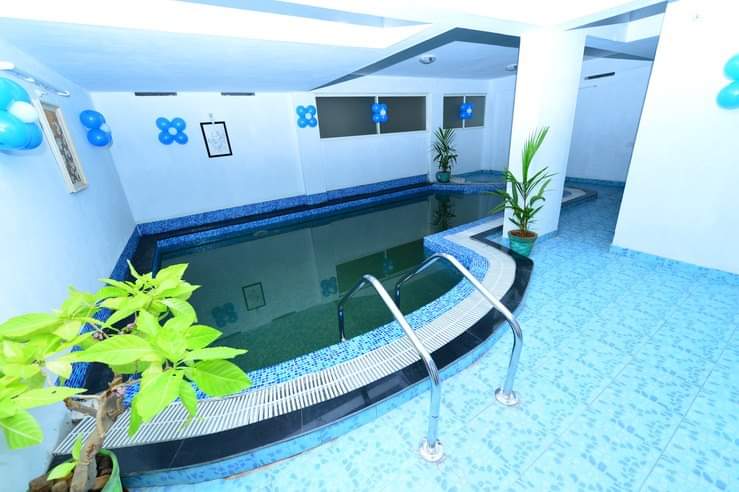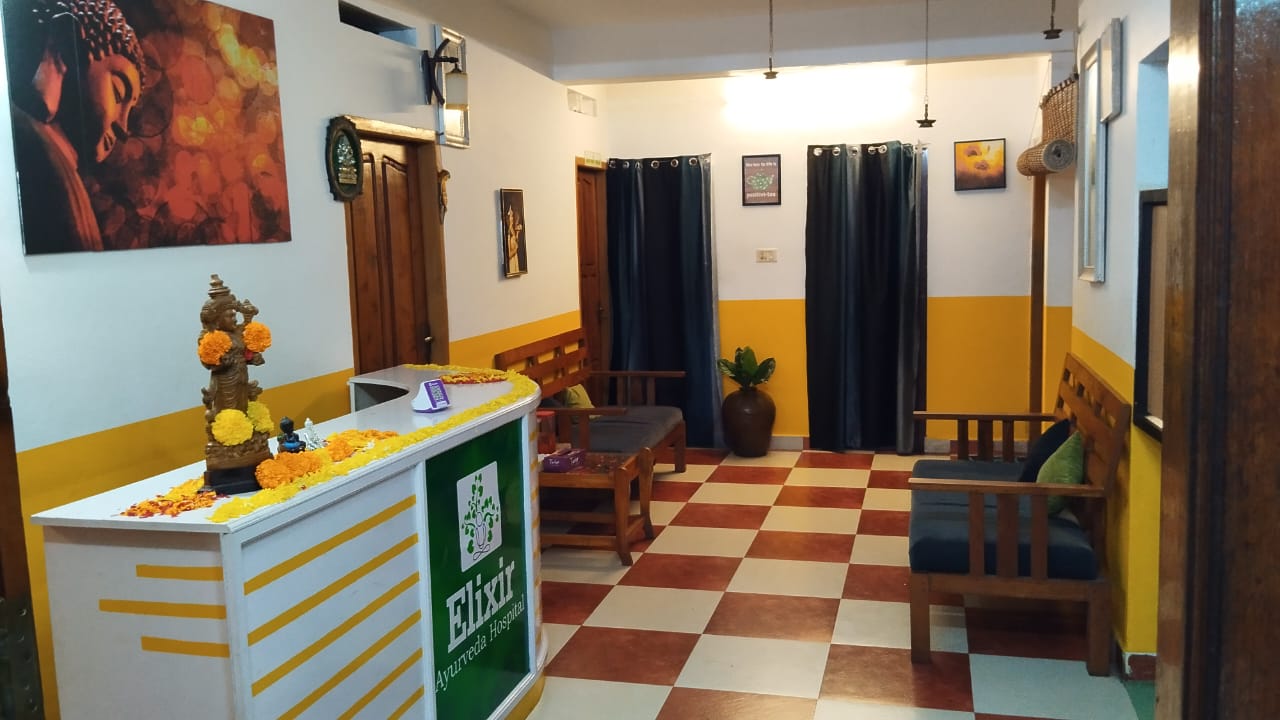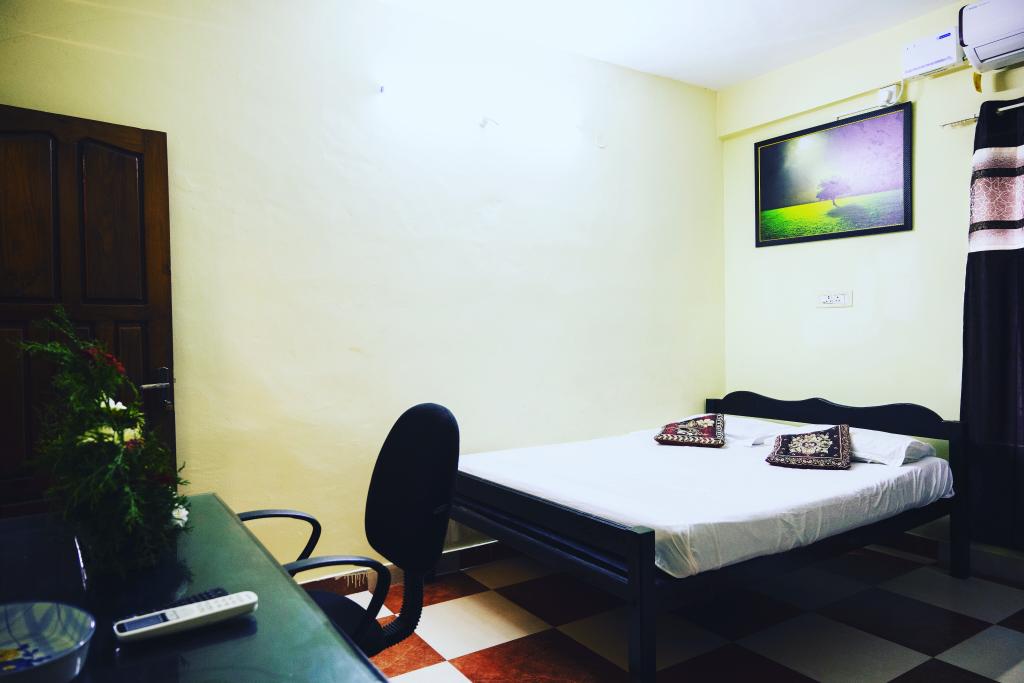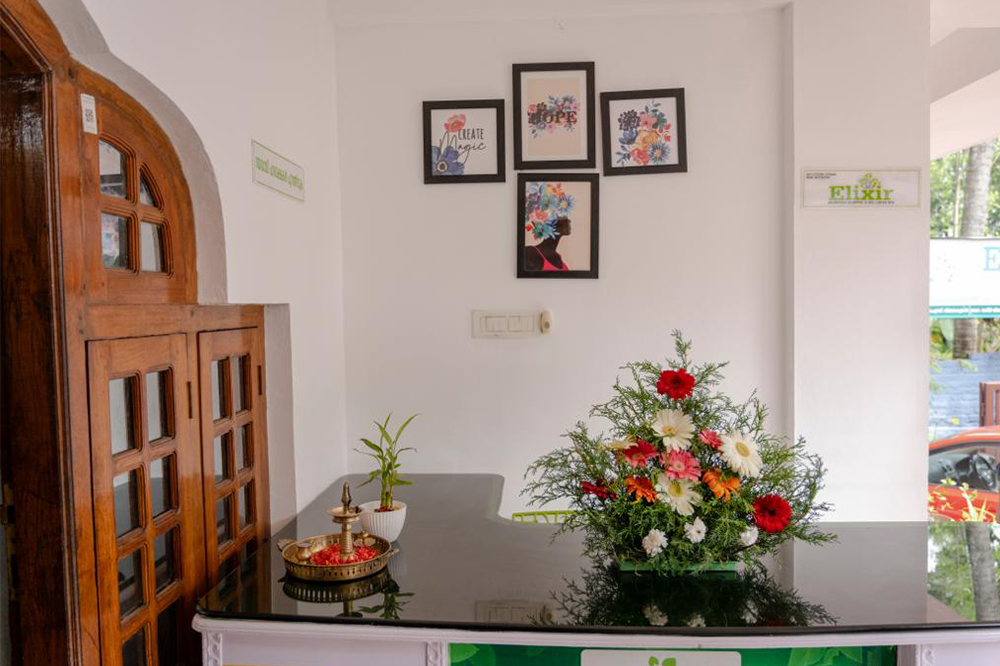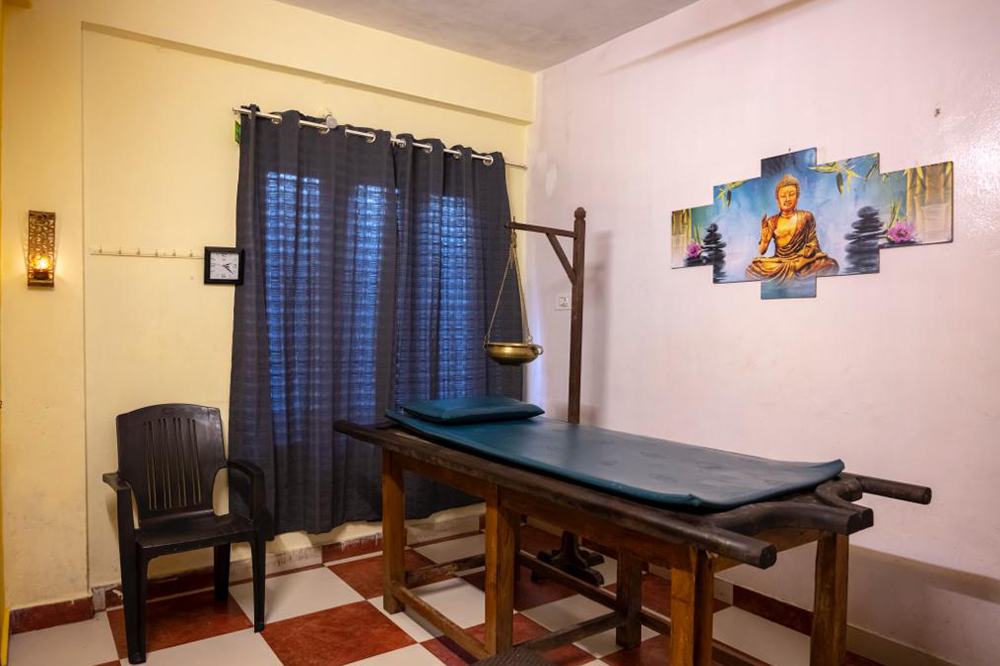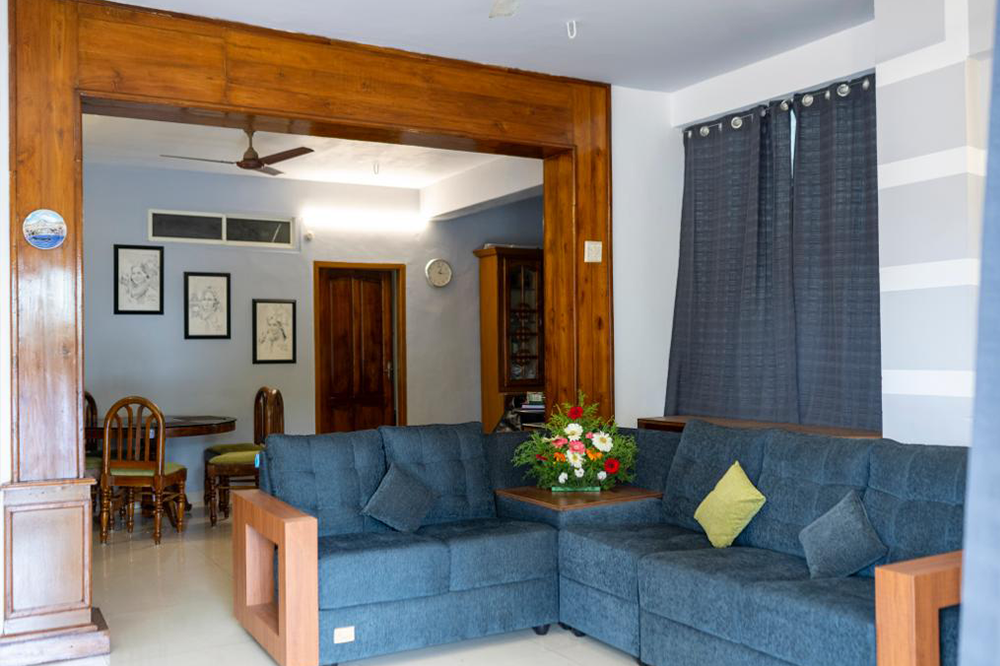What is Guillain-Barré Syndrome (GBS)?
Guillain-Barré Syndrome (GBS) is a rare but serious autoimmune disorder in which the body’s immune system mistakenly attacks the peripheral nerves. These nerves connect the brain and spinal cord to the rest of the body, controlling movements and sensation. The exact cause of GBS remains unknown, but it is often triggered by an infection, such as a respiratory or gastrointestinal illness.
GBS can lead to muscle weakness, numbness, and in severe cases, paralysis. Although the condition is considered rare, affecting about 1 in 100,000 people annually, it is a medical emergency that requires prompt care and rehabilitation.
Symptoms of Guillain-Barré Syndrome
The symptoms of Guillain-Barré Syndrome typically begin with weakness or tingling sensations in the legs, which may then spread to the upper body. Common symptoms include:
- Tingling and Weakness: Starting in the lower limbs and progressing upward.
- Difficulty Walking: Weakness in leg muscles can make it hard to walk or maintain balance.
- Facial and Breathing Muscle Weakness: In severe cases, GBS can affect muscles in the face and chest, leading to breathing difficulties.
- Reflex Loss: Decreased or absent reflexes in the knees and arms.
- Pain: Severe nerve pain, particularly at night.
Conventional Treatments for GBS
In modern medicine, Guillain-Barré Syndrome is usually treated in a hospital setting, often in an intensive care unit. Treatments include:
- Plasma Exchange (Plasmapheresis): A procedure that removes and replaces the plasma in your blood, which helps reduce the attack on the nervous system.
- Intravenous Immunoglobulin (IVIG): A treatment that uses donated antibodies to help stop the immune system from attacking the nerves.
- Physical Therapy: After the acute phase, rehabilitation therapy is essential to help patients regain strength and mobility.
Ayurveda’s Approach to Guillain-Barré Syndrome
- Panchakarma Therapies: Panchakarma is an Ayurvedic detoxification process that helps remove toxins from the body and balance the doshas (Vata, Pitta, and Kapha). In GBS, where the nervous system is affected, detoxification may help reduce the body’s overactive immune response.
- Rejuvenation (Rasayana) Therapy: Rasayana therapy is aimed at promoting tissue regeneration and enhancing the body's immunity. Herbal preparations, such as Ashwagandha, Shatavari, and Brahmi, are known to nourish the nervous system and improve muscle strength.
- Taila Massage (Oil Therapy): Ayurvedic oil massages using medicated oils like Mahanarayana Taila and Dhanwantharam Taila help improve circulation and muscle tone, promoting relaxation and reducing pain. TEL>
- Diet and Lifestyle Recommendations: Ayurveda emphasizes a sattvic (pure) diet rich in whole grains, fruits, and vegetables that promote healing and vitality. Additionally, gentle yoga and pranayama (breathing exercises) can help restore the balance of mind and body, aiding in overall recovery.
- Herbal Remedies: Herbs such as Guduchi (Tinospora cordifolia), Turmeric, and Guggulu are known for their anti-inflammatory properties and can help regulate the immune system's response.
GBS Recovery and Rehabilitation with Ayurveda
While Guillain-Barré Syndrome may take time to recover from, incorporating Ayurvedic therapies can aid in healing and rehabilitation. Our team at Elixir Ayurveda Hospital works closely with each patient to create personalized treatment plans that blend modern medical care with the ancient wisdom of Ayurveda. This integrative approach helps speed up recovery, reduce symptoms, and restore overall health and wellness.
At Elixir Ayurveda, we believe in empowering our patients with the best of both worlds—modern healthcare and time-tested Ayurvedic healing practices. If you or a loved one are facing a challenge like Guillain-Barré Syndrome, reach out to our team for holistic support and care.


